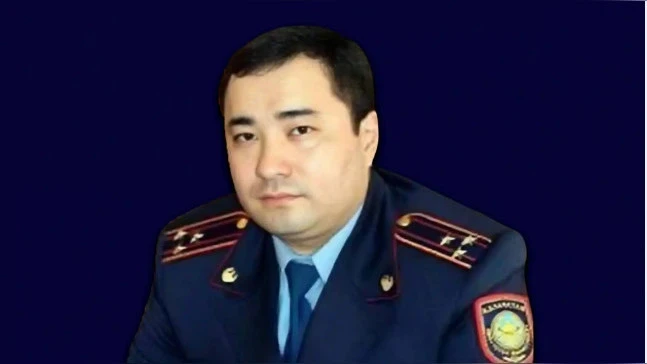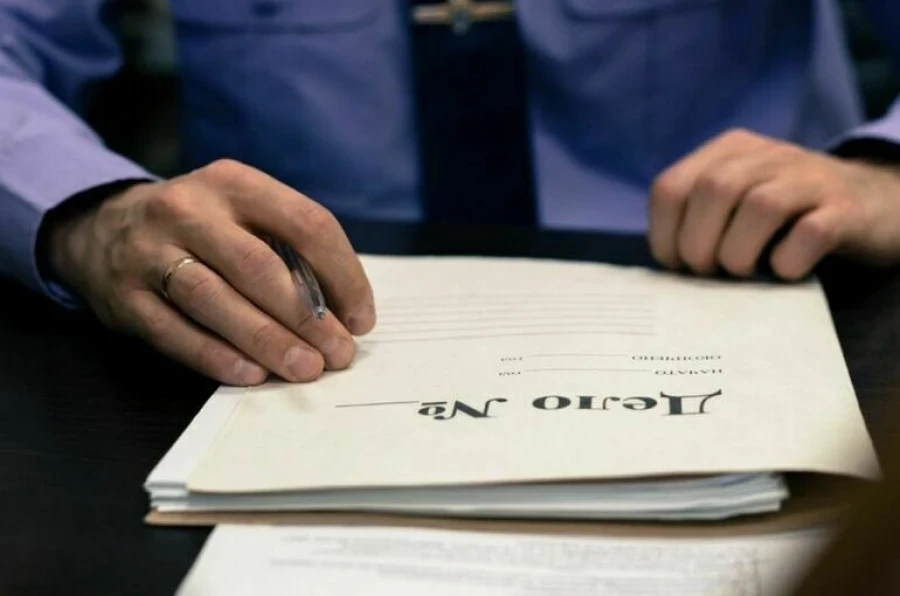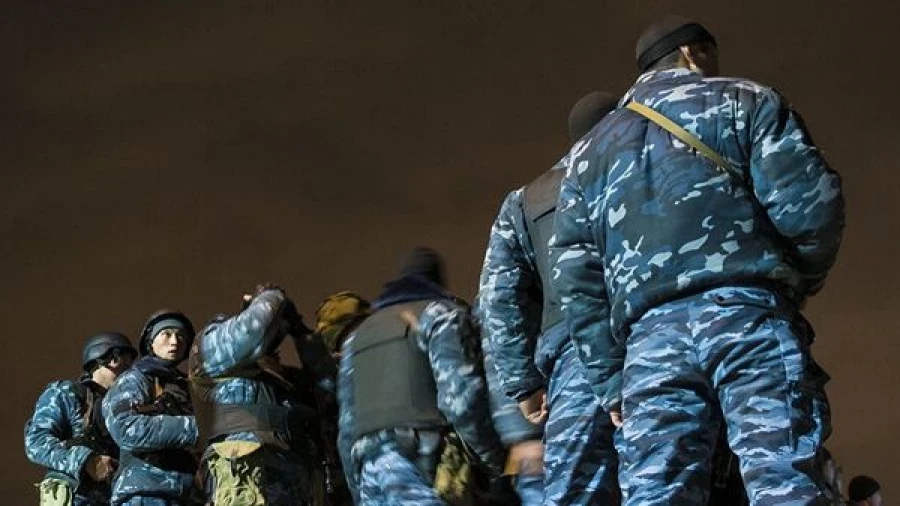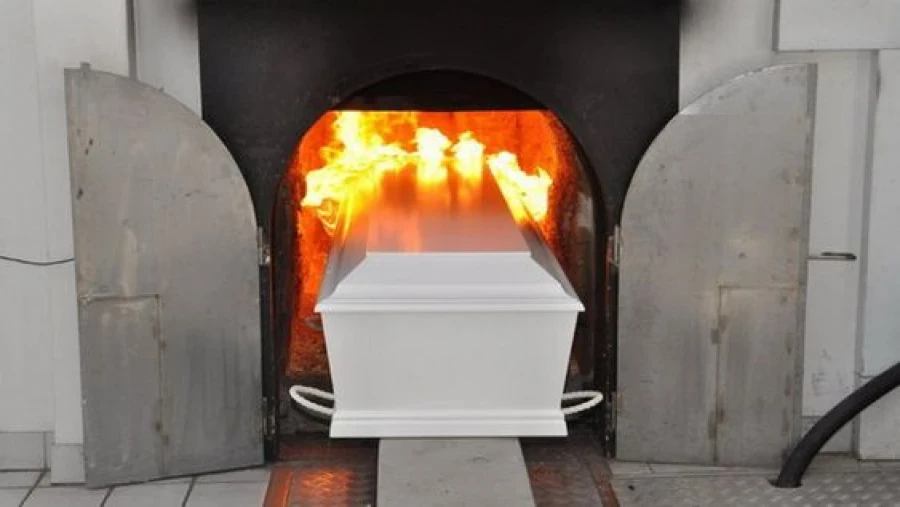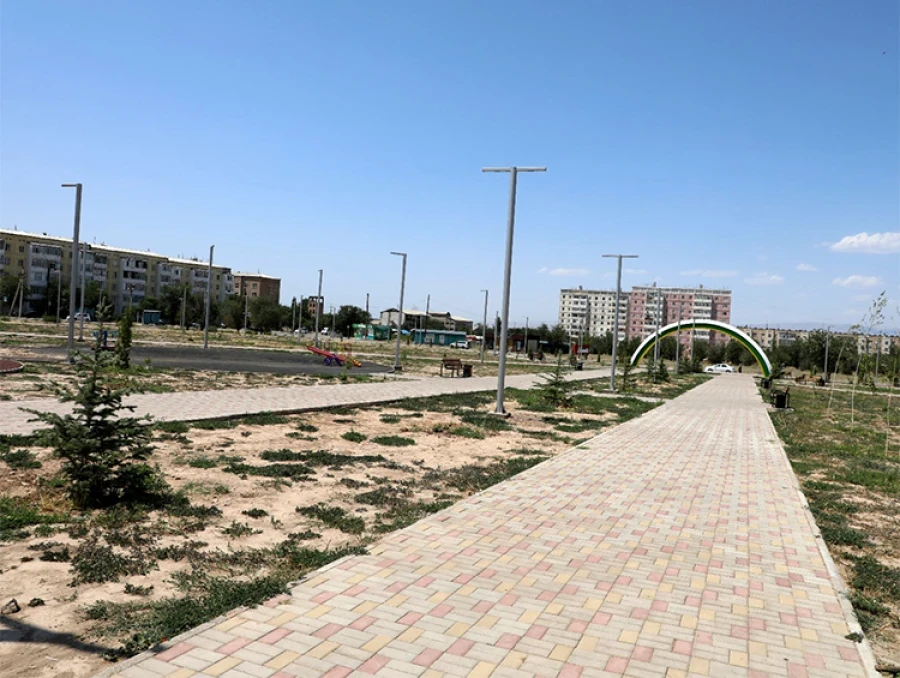According to the prosecutor's office, since gaining independence, there has been a trend in the country where individuals with illegal income evade justice, exert pressure on witnesses, destroy evidence, or even die, leaving their property to relatives or affiliated entities.
The justification note states that the current confiscation system, which depends on a court verdict, does not allow for the seizure of such assets. This, in turn, reduces trust in the law enforcement system and complicates the recovery of illegal income.
The General Prosecutor's Office refers to international experience, including practices from Kazakhstan, Australia, and the United Kingdom, where confiscation without a criminal conviction is carried out based on civil or administrative proceedings. In such cases, the burden of proof regarding the legitimacy of the income is placed on the property owner, while procedural guarantees are maintained, and the presumption of innocence is not violated.
Implementing such a mechanism will allow:
- to strengthen the deterrent effect on offenders;
- to return assets to the budget, directing them towards social and infrastructure needs;
- to increase citizens' trust in justice;
- to comply with international standards, including FATF recommendations and the UN Convention against Corruption, which will help avoid risks of sanctions and deterioration of the investment climate.
The example of Kazakhstan demonstrates the effectiveness of this approach: since 2022, assets worth over 3 billion US dollars have been returned, including funds that were previously not subject to confiscation, the prosecutor's office notes.
In light of the above, the draft law proposes amendments to the Criminal Procedure Code and the creation of a separate procedure for the confiscation of property before a court decision is rendered.
New articles are proposed to be introduced into the Criminal Procedure Code:
SECTION XVII. Proceedings for Confiscation Before Sentencing
Chapter 62. Procedure for Conducting Preliminary Proceedings for Confiscation of Property Before Sentencing
Article 547. Initiation of Proceedings for Confiscation of Property Acquired Illegally Before Sentencing
If the accused is declared wanted or criminal prosecution is terminated based on paragraphs 7 and 12 of part 1 of Article 27 of this Code, the investigator, having information about illegally acquired property located both within the territory of the Kyrgyz Republic and beyond its borders, initiates confiscation proceedings in accordance with this chapter.
The investigator makes a decision to allocate materials for confiscation and attaches copies of the materials of the criminal case that served as the basis for confiscation, including the evidence specified in paragraph 9 of part 1 of Article 81 of this Code.
Article 548. Preliminary Proceedings for Confiscation
Preliminary proceedings for confiscation are conducted in accordance with the provisions of this Code, unless otherwise established by this chapter.
During the preliminary proceedings, it is necessary to prove:
- the ownership of the property by the accused or a third party;
- the connection of the property with the crime that served as the basis for confiscation;
- the circumstances of the acquisition of the property by third parties or grounds to believe that it was obtained through criminal means.
If it is established that the accused is hiding property by transferring it to other individuals, the investigator must request the prosecutor to declare the transactions (sales, gifts, leases, trust management, etc.) invalid within the framework of civil proceedings.
If there is sufficient evidence to recognize the property as illegally obtained, the investigator prepares a conclusion indicating:
- the details of the accused;
- information about the crime, its qualification, circumstances, nature, and extent of the harm caused;
- a description and location of the property;
- supporting evidence;
- the necessity to apply to the court with a request for confiscation.
The conclusion, along with the materials, is sent to the prosecutor.
The prosecutor reviews the conclusion and applies to the court with a request for confiscation, indicating:
- the date and place of preparation;
- the details of the person who prepared the request;
- information about the crime;
- information about the accused;
- the nature and extent of the harm caused;
- information about the imposition of a lien on the property;
- a description of the property;
- a list of evidence;
- arguments for applying to the court;
- the estimated costs for the confiscation proceedings.
The prosecutor notifies the lawyer, legal representative, and victim, attaching a list of individuals who should be summoned to court.
If there are no grounds for the request, the prosecutor returns the materials to the investigator for the collection of additional evidence or termination of the proceedings. These actions must be completed within 10 days.
Chapter 63. Judicial Consideration of the Request for Confiscation
Article 549. Consideration of the Request by the Court
The judge considers the issue of confiscation individually. The request must be considered no later than one month from the date of its receipt.
The proceedings are conducted in accordance with the provisions of the Code, with the possibility of requesting the criminal case.
The participation of the prosecutor is mandatory.
At the request of the lawyer or legal representative, other individuals may be summoned.
If the accused is hiding outside the country, the proceedings are conducted with the participation of a state-appointed defender.
Article 550. Issues Resolved by the Court in a Deliberative Room
The court decides:
- the connection of the property with the crime;
- the method of acquisition of the property by third parties;
- the necessity and scope of confiscation;
- the procedure for handling the seized or confiscated property;
- the amount of costs for the proceedings and their distribution between the parties.
Article 551. Judicial Decision
The court makes a decision on:
- the satisfaction of the request and confiscation of the property;
- the refusal to satisfy the request.
A copy of the court decision is handed to the prosecutor and participants in the proceedings, and is also sent to the person from whom the property is confiscated.
The ruling comes into force after the appeal period expires.
After the ruling comes into force, the court sends the enforcement order, a copy of the property description, and the ruling to the authorized body for execution.
Article 552. Appeal and Review of the Confiscation Ruling
The court ruling can be appealed and reviewed in accordance with sections 10 and 12 of this Code at the request of the prosecutor, the accused, their lawyer, or other persons whose rights and legal interests may be affected.
Comparative Table
Download Document

